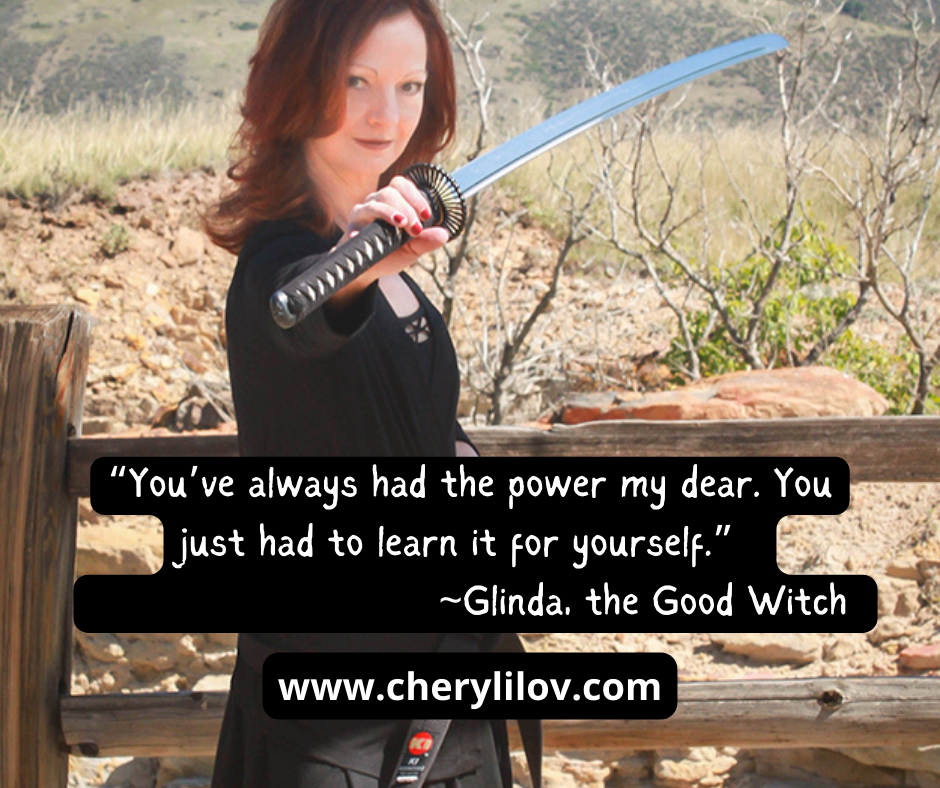I love the connection between martial arts and Feldenkrais. After all, Feldenkrais is based on martial arts, the art of movement, and the art of survival. Moshe Feldenkrais believed that all human beings were intended to not just survive, but to thrive in their environment. He also wanted to return to each person their human dignity. How beautiful is that?
To have human dignity, you must be able to protect yourself and have strong personal boundaries. As a martial artist, I understand that, and I always integrate the principles of martial arts, self-defense, and survival skills into my Feldenkrais sessons. I get so passionate about Feldenkrais and the art of survival that many of my clients wanted to explore this connection at a deeper level, with practical application for daily life. Some of them even talked about trying some martial arts classes, but were worried about getting their heads knocked off by over-enthusiastic training partners. After being on the receiving end of some of those partners myself, I could certainly understand their concerns.
But I also understand how empowering the practice of martial arts can be, and I wanted to be able to offer that sense of empowerment to my clients without having them risk their physical, mental, and emotional well-being. I was at a loss, until I finally had a head-smacking moment as a light bulb went off in my head. Why not devote a two hour long class to Feldenkrais and the art of survival?
I chose one of my favorite Feldenkrais lessons titled “The Golden Ball.” It is a deliciously gentle but powerful lesson where you imagine a golden ball placed deep in your abdomen, somewhere between your pubic bone and your belly button. As the lesson progresses, you visualize the ball moving, rolling, sliding, and gliding as you move through the movement patterns.
Before we began the lesson, we started in traditional Feldenkrais-fashion with a body scan. However, instead of lying down and sensing our contact with the floor, we walked around my office and the long hallway outside of it to notice our connection to the floor, our environment, each other, and within ourselves. “How do you feel?” I asked them. “Do you feel confident and powerful? Or do you feel timid and unsure of yourself?”
The response was rather lukewarm until I uttered those magic words, “Go to your mat, and lie on your back….” Ahhh, the rewarding sound of sighs of contentment filled the room as I began guiding them through “The Golden Ball.” Halfway through the lesson, I stopped, had my clients slowly come to standing, and walk around the room and the hallway again. Once more, I repeated my questions: “How do you feel? Do you feel confident and powerful? Or do you feel timid and unsure of yourself?”
This time the response was a bit more introspective as well as enthusiastic. Their comments included a sense of increased awareness, feeling centered, stronger, and grounded. Interesting, to say the least. I was mind-boggled by the changes that I observed in all of the participants as the lesson had unfolded. Of course I kept my comments and my observations to myself as I had them return to their mats to prepare for the grand finale.
When the lesson ended, as I watched my clients transition from the floor to standing, my jaw dropped in amazement. The power in each and everyone of them was electric, and I had to take a step back so their combined energy didn’t knock me over. Before I had the chance to ask my three questions, one of my clients exclaimed, “It’s like a supernova! At first I couldn’t feel the ball, and then I started to feel it a little bit. But after the break, it got bigger, brighter, and stronger–now it’s all around me! It’s a Feldenkrais supernova!”
I ended the class as I always do, with a recap of the lesson and what I lovingly refer to as the “family talk.” But before we did, we had one more walk around the room and the hallway. The light and the wisdom from those golden balls just lit up the room, and it certainly lit up my heart. Because I knew that all of those people now had a few more skills to take home with them….the skills of Feldenkrais, survival, and supernovas. Feldenkrais….turning on the power for people everywhere. You simply have to try it to believe it!






